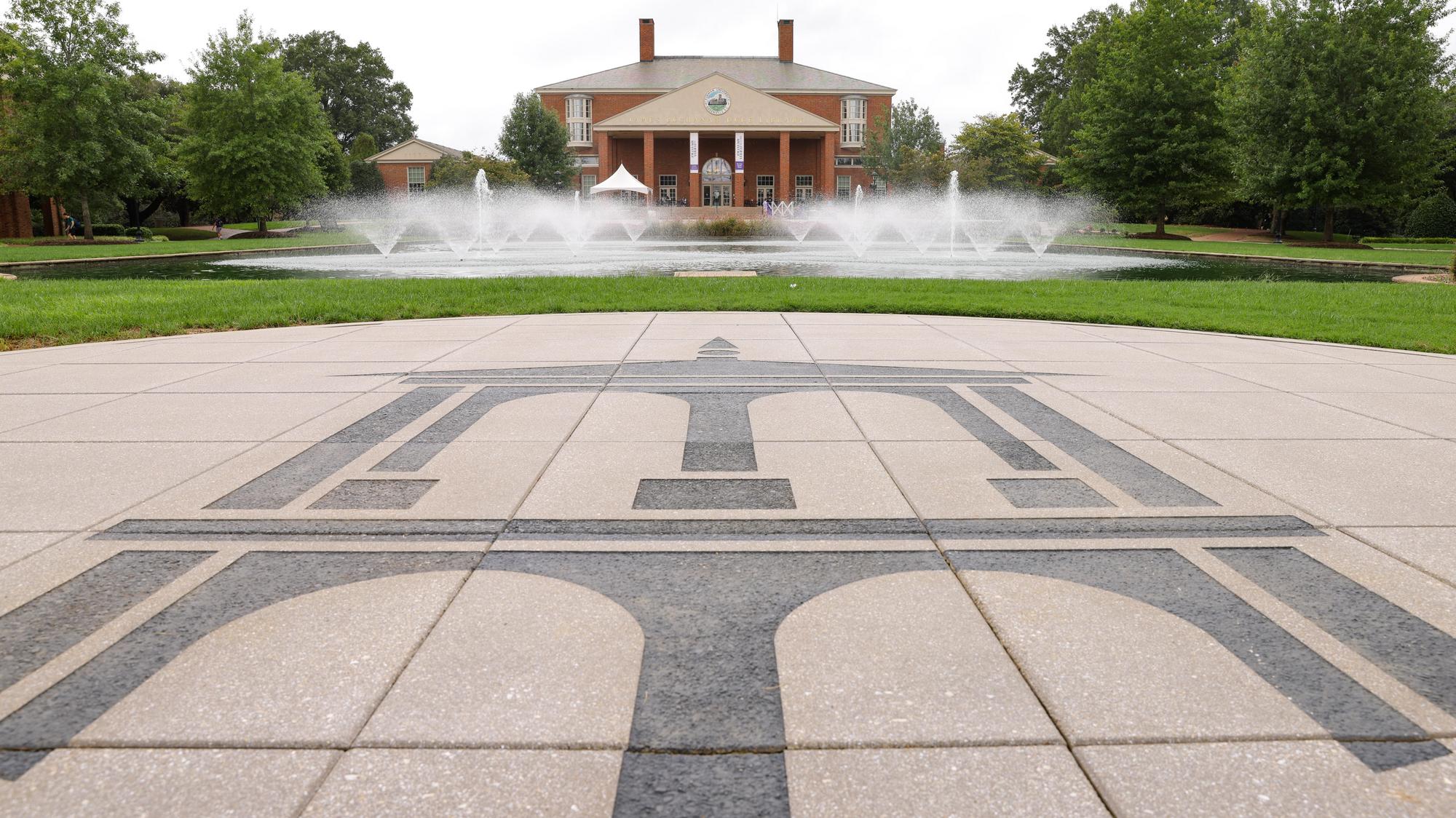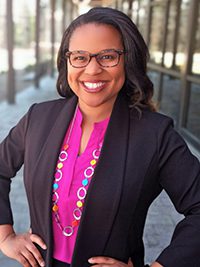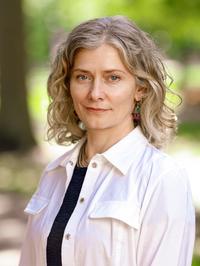New M.A. in advocacy and equity studies aims to prepare problem-solvers

A new graduate degree program at Furman – the Master of Arts in advocacy and equity studies –is ideal for a particular kind of student, said Shaniece Criss.
“It’s about training problem-solvers, people who see an issue in society and want to make a change,” said Criss, an associate professor of health sciences, who will serve as the program’s director.
But the desire for change is just the start, she said.

Shaniece Criss, associate professor of health sciences and the director of the M.A. in advocacy and equity
“Problem-solvers need to see what research and data they can practically collect, what skills and expertise they need to make a difference, and how to mobilize people to make that change,” she said.
In addition, leaders in equity and advocacy need critical thinking and open eyes, said Lisa Knight, a professor of anthropology, Asian studies and religion, who will serve on the MAAES program committee.
“You need a lens that tunes you to issues of historically marginalized and minoritized voices,” she said. “Students who go through this program will have an opportunity to learn how better to analyze systems of power and how to work with those systems.”
The MAAES program, approved by Furman’s graduate council and faculty in August, will present a wide range of courses, including critical tools such as community-based research, grant writing, media creation, organizing, facilitation of dialogue and listening. The interdisciplinary approach draws from the fields of anthropology, communication studies, health sciences, politics and international affairs, public health, and sociology, among others..
MAAES students will complete 36 course hours, according to the program proposal. The course Framing Social Justice will introduce the interdisciplinary theories and study of social justice and equity, helping students recognize social inequities in various local and global contexts. The Community Engaged Research course will focus on methods of gathering data on social problems through surveys and interviews. In the Building Public Narratives course, students will conceive and create advocacy programs.

Lisa Knight, professor of anthropology, Asian studies and religion
The program will also include elective seminars on topics such as deliberation across difference, social determinants of health and equity, reconstructing Southern rhetoric, nonprofit administration and activism, and social media and social justice. In a practicum, students will apply what they’ve learned in a placement within the Greenville, South Carolina, community.
“I just love that from beginning to end, you get equipped with what you need,” said Criss.
The university is planning to recruit the first cohort for the two-year MAAES program for a Fall 2023 start, according to John MacArthur, Furman’s interim assistant provost for graduate program initiatives.
The time is right for the MAAES program, Criss said. The Furman community’s own engagement with social justice issues – catalyzed by the Seeking Abraham report in 2018 – helped set the tone. As university leaders encouraged discussion of potential new programs, she said, advocacy and equity were top of mind.
“There have been researchers and faculty members who’ve been working on this for many years, and there are some who have started really engaging in this work based on our current events,” said Criss. “It’s a moment in time that has allowed a lot of people to think about these issues and want to do something practical to actually address them.”
Similar academic programs are emerging in Europe, but although students in the U.S. can get training in specific aspects of social justice and equity, Furman will be one of the few schools in the U.S. offering a comprehensive graduate degree in this area, Criss noted.
“I think it’s cutting edge that we’re doing this at Furman, because a lot of people are going through training about this very thing, and you get a little piece here and a little piece there,” she said. “With this master’s, it will be the full picture of how the system works and how to implement it.”
“It’s a great message about Furman’s identity,” said Knight. “We all want a better society. We all want to make positive changes. But there are good ways to do that, rooted in real research and knowledge and experience and data, that are more effective than what’s been available.”
In many areas, workforce demand is growing for individuals with the skills that the MAAES program will focus on, Knight said.
“In some ways, the corporate field has been ahead of some other areas because they’ve realized the importance of diversity and equity,” she said. “When you have a diversity of ideas and perspectives at the table, you’re going to have more creative results. There aren’t a whole lot of people who are trained in this area, so this can definitely fill a need.”
The degree could be an important credential for professionals such as diversity officers, nonprofit or foundation administrators, educators, government officials, human resources workers, and community organizers and leaders, noted the proposal.
In addition to Criss and Knight, the program committee will include Kylie Fisher, an assistant professor of art history; Brandon Inabinet, a professor of communication studies; and Paul Thomas, a professor of education.
The committee is working with faculty on course planning, syllabus creation and scheduling, said McArthur. They are finalizing prospective schedules for the fall 2023 and spring 2024 semesters, pending approval from the Southern Association of Colleges and Schools Commission on Colleges accreditation body.